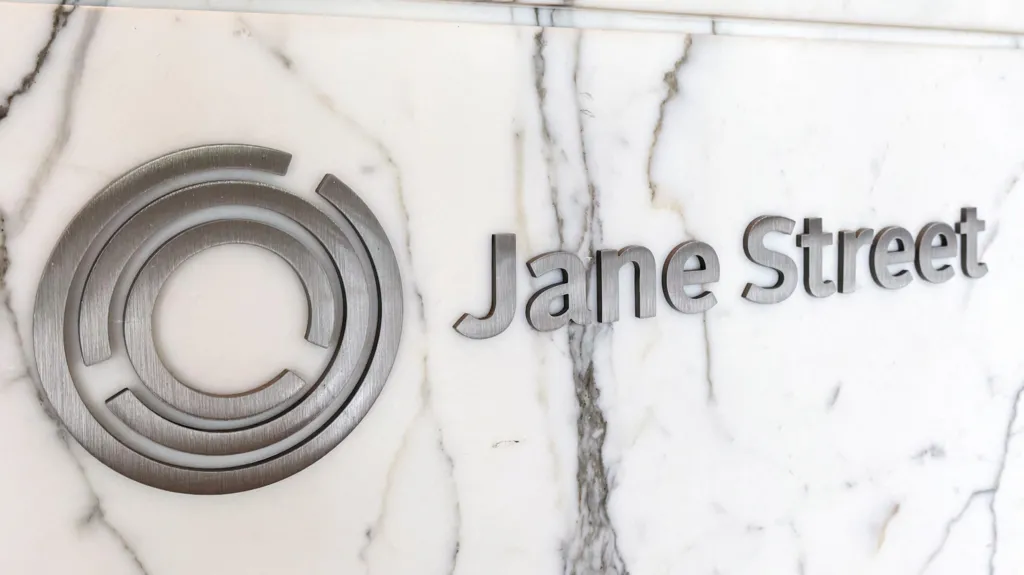Jane Street, a powerful name on Wall Street, is facing serious regulatory action in India after the country’s market watchdog, the Securities and Exchange Board of India (SEBI), banned the firm from accessing its securities markets.
SEBI has accused the New York-based quantitative trading giant of executing a “sinister scheme” involving manipulation of the Bank Nifty index—a key benchmark that tracks 12 large Indian banks. The result, according to the regulator, was retail investors unknowingly trading at “unfavourable and misleading prices.”
Though Jane Street declined to comment publicly, internal emails reported by the Financial Times reveal the firm was “beyond disappointed” by SEBI’s decision and intends to challenge the order.
What is Jane Street?
Founded by a small team of traders and technologists in New York, Jane Street is now a global quantitative trading firm operating in over 45 countries. With more than 3,000 employees, it leverages algorithms and mathematical models to drive trading strategies across equities, bonds, derivatives, and more.
In 2023, Jane Street was responsible for over 10% of North America’s equity trading volume, underscoring its prominence in global financial markets.
What Is Jane Street Accused Of?
SEBI’s allegations center on coordinated trading between Jane Street’s affiliated entities in both India’s cash market (where real shares are bought and sold) and derivatives market (where traders speculate using futures and options).
Here’s what SEBI claims happened:
- One Jane Street entity purchased large volumes of banking stocks during market open, artificially inflating the price of the Bank Nifty index.
- Simultaneously, another Jane Street entity took a short position in Bank Nifty derivatives, essentially betting the index would fall.
- As the trading day neared close, and just before weekly derivatives expiry, the entity offloaded the large stock holdings, driving the index down sharply.
- The result: Profits from falling prices in the derivatives market, while retail investors, who bought shares at elevated prices earlier in the day, suffered losses.
This alleged tactic, known as “marking the close”, is considered illegal in many major financial markets, including the U.S., due to its potential to distort closing prices and mislead investors.
“Such a trade is called ‘marking the close,’ which is considered illegal even in the U.S.,” said Deepak Shenoy, CEO of Capitalmind Asset Management, based in Bengaluru.
Impact on Retail Investors
SEBI’s order highlights how small investors lost money, particularly those who entered the market mid-day, attracted by surging prices. These trades were influenced, according to SEBI, by artificial demand created by Jane Street’s activity, leading to losses when prices dropped sharply by market close.
What Happens Next?
- Jane Street has already moved over ₹4,800 crore (~$575 million) into an escrow account in India while it challenges the SEBI ban.
- The case has shaken India’s derivatives market, prompting a drop in trading volumes and raising alarms about algorithmic manipulation in a market where retail participation has surged in recent years.
- Indian regulators are also examining tax implications and transfer pricing issues, which could further entangle Jane Street in legal complications.
Bottom Line:
Jane Street’s troubles in India represent a significant clash between high-frequency global trading practices and India’s evolving regulatory framework. With investor confidence and market integrity at stake, this case could reshape how foreign quant firms operate in one of the world’s fastest-growing stock markets.




0 Comments